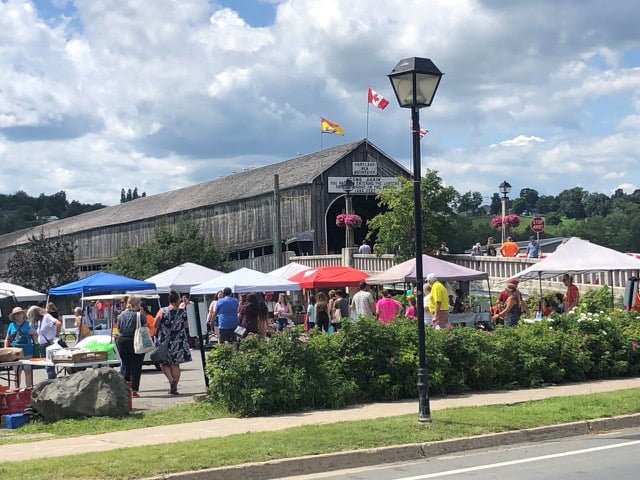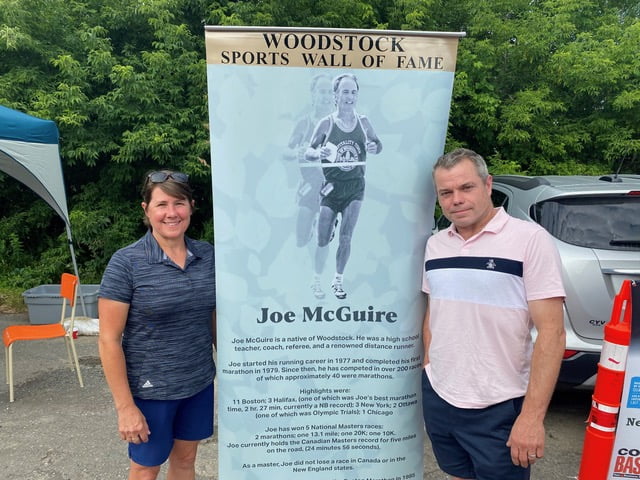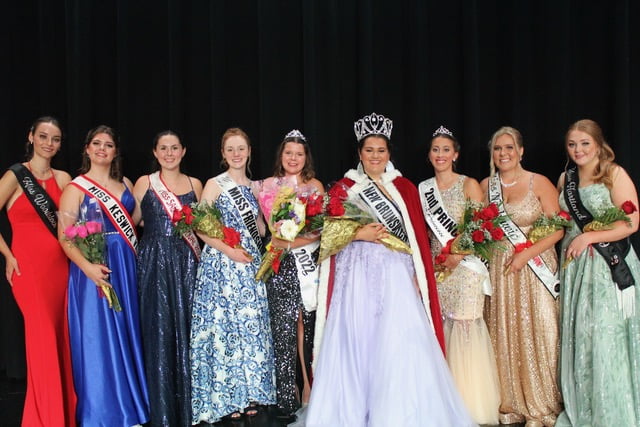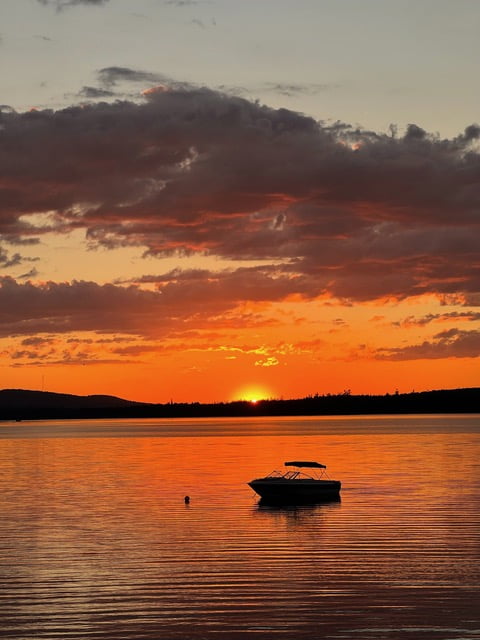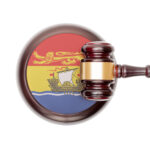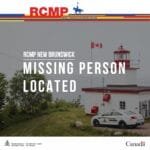Graydon Nicholas says premier’s stance on title claims will have to change
By John Chilibeck, Local Journalism Initiative Reporter, The Fredericton Daily Gleaner
Graydon Nicholas says it’s obvious what the New Brunswick government should do as it faces lawsuits from Indigenous nations seeking Aboriginal title to all the province’s territory.
The former judge and lieutenant governor from Neqotkuk (Tobique First Nation) believes the attorney general’s office also has the answer, dating back to a case he worked on in the early 1980s that reached the Supreme Court of Canada.
“Eventually, this is going to get down to negotiations,” said Nicholas, who was the first Indigenous person in Atlantic Canada to get a law degree in 1971.
“The premier is headstrong about his position. But somewhere down the road, that will have to change. It’s what you call a modern treaty process. And when these things have happened in other places, the courts have always said, sit down and negotiate. Unfortunately, you can’t force parties to sit down, that’s for sure.”
Premier Blaine Higgs and Attorney General Ted Flemming have warned that the Wolastoqey Nation’s title claim for the entire western half of New Brunswick creates uncertainty for most of the province’s 850,000 population and risks the rights of private landowners.
It also questions what the Wolastoqey Nation would do if it successfully gained possession of Crown lands and the property of eight big firms, mostly timber companies, that it says should be returned to them.
So far, the Progressive Conservative government has not commented on the Mi’gmaq case for Aboriginal title over the entire northern and eastern sections of New Brunswick, other than stating on its website that the overlapping claims also tread on the traditional territory of a third nation, the Peskotomuhkati (Passamaquoddy) Nation in the southwestern corner of the province. It has not formally asserted an Aboriginal title claim.
Eight of nine Mi’kmaq First Nations in the province filed the lawsuit last week (the other, Elsipogotog, filed its own in 2016), but their lawyers say they would prefer negotiations.
Nicholas says there’s case law that affirms that a series of Peace and Friendship treaties signed in the 18th century between the British Crown and the Wabanaki – including the three Indigenous peoples in New Brunswick – that shows they are still in force and they never ceded their land.
He points to Simon v. The Queen, a Supreme Court judgment in 1985 that ruled in favour of James Matthew Simon, a Mi’gmaq from Nova Scotia who had been convicted by lower courts for carrying a shotgun and rifle, plus ammunition, off his reserve when hunting season was closed.
In that case, Nicholas, a lawyer at the time, teamed up with the defendant’s lawyer, Bruce Wildsmith, and also acted as counsel for an intervener, the Union of New Brunswick Indians. In addition to the Nova Scotia government, interveners lined up on the other side, including the attorney generals for Ottawa, New Brunswick, and Ontario.
On the late afternoon of Sept. 21, 1980, Simon was driving his Chevy pickup truck on West Indian Road, a highway just outside what was then called the Shubenacadie Indian Reserve, just north of Halifax. RCMP stopped him and found him in possession of a loaded rifle and two loaded shotguns.
It was a favourite spot for deer and moose hunting, and the authorities charged him with illegal possession of the weapons and ammo during a closed season, contrary to the province’s hunting laws.
He lost the case in a lower court and at the Nova Scotia Court of Appeal, but when it reached the Supreme Court, the justices acquitted Simon.
Chief Justice Brian Dickson and the rest of the court were convinced that a Peace and Friendship treaty signed in 1752 was “validly created by competent parties” and that it contained “a right to hunt which covers the activities” of Simon.
The justices also discounted previous court rulings that the treaty had been terminated by a violent band of Mi’gmaq that had killed eight British settlers in the following year, in 1753.
“The province knows this stuff,” Nicholas said.
“And the premier, I’m sure, through the minister of justice, is aware of this. The province made an intervention in the case I was involved in and ruled in the favour of Matthew Simon.”
Now in his late 70s, Nicholas said the case was similar to one he won as a lawyer in the New Brunswick Court of Appeal in 1980, representing Gregory Paul.
The Mi’gmaq trapper from Metepenagiag (Red Bank First Nation), near Miramichi, N.B., was caught by a Department of Natural Resources officer with a beaver pelt off-reserve. Paul was hoping to sell the pelt to a fur dealer in Newcastle.
The conviction was set aside after Nicholas used the Peace and Friendship treaties to argue his case.
“The premier always says we have to respect the rule of law,” Nicholas told Brunswick News. “Well, when the Supreme Court of Court says the Peace and Friendship treaties, which is what we have here in the Maritimes, are in effect, that statement speaks for itself.”
Historian Ken Coates, who’s also a professor at the University of Saskatchewan, said there were plenty of examples to draw on across Canada of modern treaties that have been negotiated between provincial or territorial governments and First Nations, including in northern British Columbia, northern Quebec, Labrador and Yukon.
But he said in those cases, private interests didn’t already possess large tracts of land. He thinks a better comparison for New Brunswick, whose forests are half privately owned, would be New Zealand.
The island country in the southwestern Pacific negotiated with the Maori Indigenous people in the 1990s over its title claims. The difficulty was New Zealand, a mountainous country with steep river valleys, had very little arable and timberland, most of it privately held.
Instead, the two sides negotiated that the Maori would acquire possession of federally owned lands, such as former military bases and university campuses.
By 2008, the New Zealand government had controversially provided over the equivalent of CAD$735 million in settlements, mostly giving them chunks of land.
“As a negotiation or legal tactic, it makes perfect sense for the Mi’kmaq of Wolastoqey Nation to claim as much as they possibly can,” Coates said.
“But a claim is not the same thing as a victory.
“You can make a claim and go through the court process, and sometimes the court says yes and sometimes it says no. So that’s where we sit. In Canada, generally, all land claims have respected private ownership of land. So that would be a major, major transition and change in Canadian policy if it moved in that direction.”



